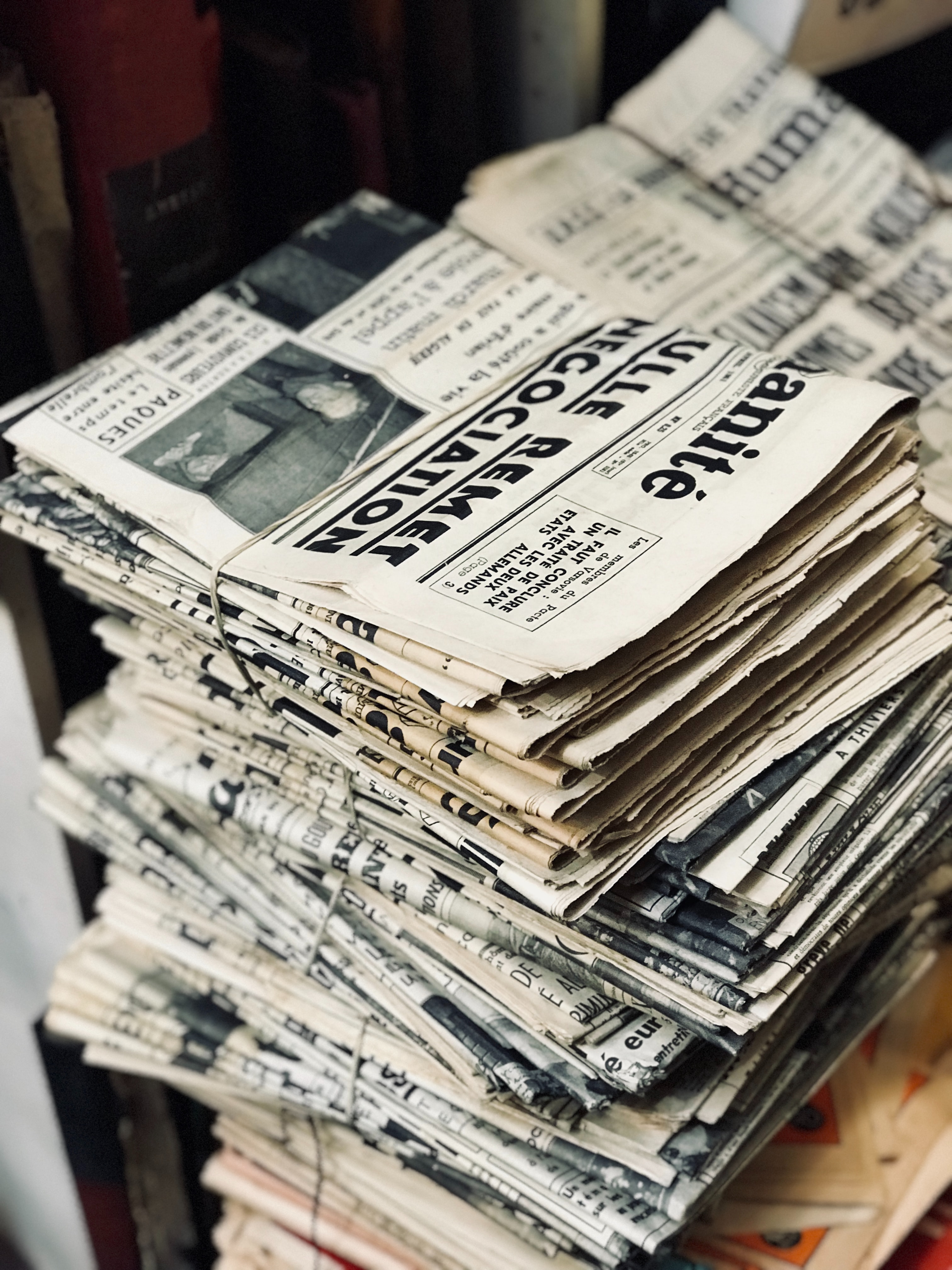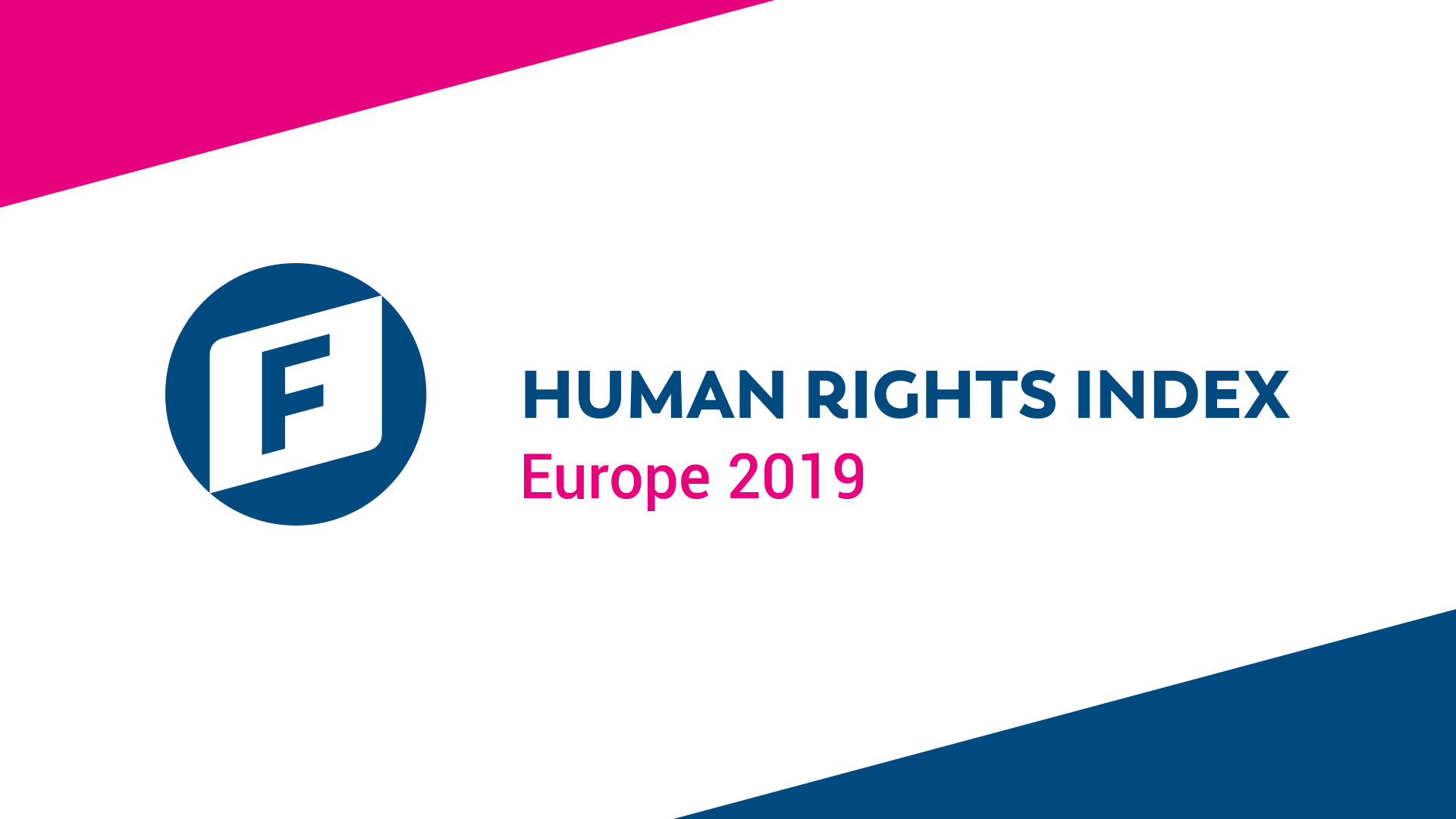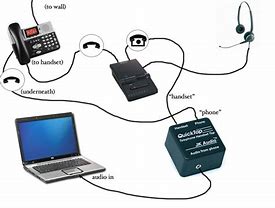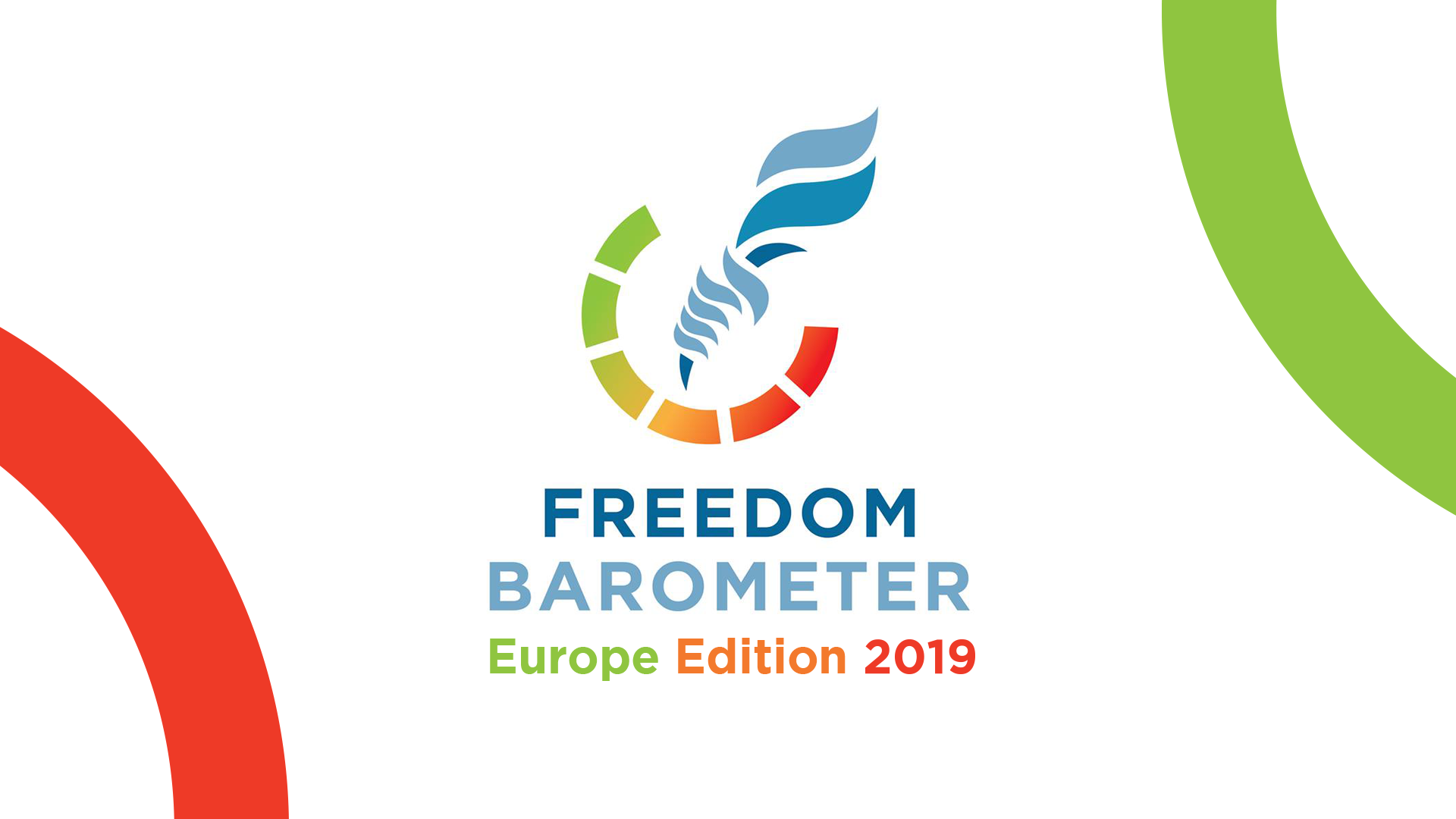Government
expenditures in Slovenia are slightly below European average, reaching 41.5% of
GDP in 2016. Bulk of expenditure consists of social transfers, aimed at income
redistribution through welfare programs. Public debt is high, standing at 79%
of GDP in 2016, but for the first time since the 2008 economic crisis the debt
is on a downward spiral, mostly due to robust growth and lower deficits, which
enabled Slovenia to exit the EU excessive deficit procedure by mid-2016. But
the debt level still poses significant macroeconomic risk. Economic prospects
for the time being are positive, with solid growth rates, but low investments
compared to other ex-transition economies and still high NPLs within the banks
continue to raise concerns. Since there was never a full scale
Read more







Share data's for this country: